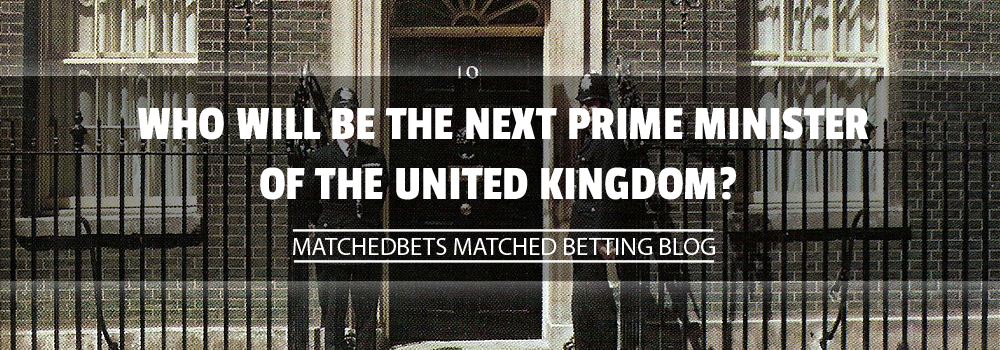Who will be the next Prime Minister of the United Kingdom?
October 9, 2019

The complex and ongoing political and legal shenanigans are manna from heaven for political journalists and students of political science or law, but are proving difficult for a weary voting public to stomach.
After decades of relative political stability in which significant progressions have centred upon the creation of devolved parliaments, and the electorate of the UK has selected a continuum of Labour and Conservative-led governments, the country is now living through a turgid time of uncertainty and rancour.
As the 31 October deadline looms and options are now becoming limited, the political parties are vying for the support of the electorate in anticipation of an imminent election. Thwarted by the deliberate stalling of opposition parties, the Conservative government, led by Prime Minister Boris Johnson, was unable to call a general election prior to the deadline as the Opposition sought to head off the risk of a No-Deal exit. However, whatever the outcome of current negotiations a general election remains likely for this autumn and all parties have been showcasing voter-friendly new policies in their recent annual conferences in preparation for active campaigning post-31 October.
Betting markets are always available for who will lead the country and all major bookmakers are offering odds on the next Prime Minister. Jeremy Corbyn, leader of the Labour party, is best odds of 9/4 with Bet365 and favourite despite his dismal showing in the most recent poll by Opinium of -38%. Newly elected leader of the Liberal Democrats, Jo Swinson, is 20/1 to be the next Prime Minister, reflecting the party’s continuing challenge of operating in a first-past-the-post electoral system. Nigel Farage, leader of the Brexit party, may prove pivotal in the next election as his charisma and one-issue focus may wheel in many disaffected Labour and Conservative Brexit supporters. Betfred offers odds of 20/1 for Nigel Farage to be the next Prime Minister. Those look generous but odds may be much shorter in terms of his role as king-maker should there be no majority at the election.
Boris Johnson was the overwhelming choice of the Conservative Party membership to be Prime Minister, trouncing rival Jeremy Hunt by gaining a whopping 66% of the party faithful votes. A charismatic but slippery character, he has projected a positive outlook on Brexit, in stark contrast to his predecessor, the robotically tenacious Theresa May. This, combined with promises of major new investments and radical new policies with respect to education, law and order, and housing, has appealed to voters and the Opinium poll gives him an overall rating of -6%, the best of the bunch.
In the absence of agreement amongst the opposition parties regarding a potential government of national unity, the country trundles forwards towards a likely no-deal scenario of 31 October as the other 27 EU member states find themselves unable or unwilling to negotiate a deal that will provide little benefit and some substantial pain to member states, most particularly the Republic of Ireland.
Undoubtedly the electorate’s views will change in forthcoming weeks as the political manoeuvering and legal challenges proceed apace but bookmakers currently offer odds of 3/10 that the Conservatives would gain the most seats after the next General Election with Labour trailing at 7/2, the Liberal Democrats at 14/1 and the Brexit party at 25/1. This is borne out by a poll earlier this month showing the Conservatives would win 33% of the vote, giving them a majority, albeit slim, with 331 seats.
Should the bookmakers prove correct, we expect Boris Johnson to continue as Prime Minister. Unless he is forced to resign if more scandalous stories about him emerge. Skin as thick as a rhinoceros and made of Teflon…
Politics!
Comments